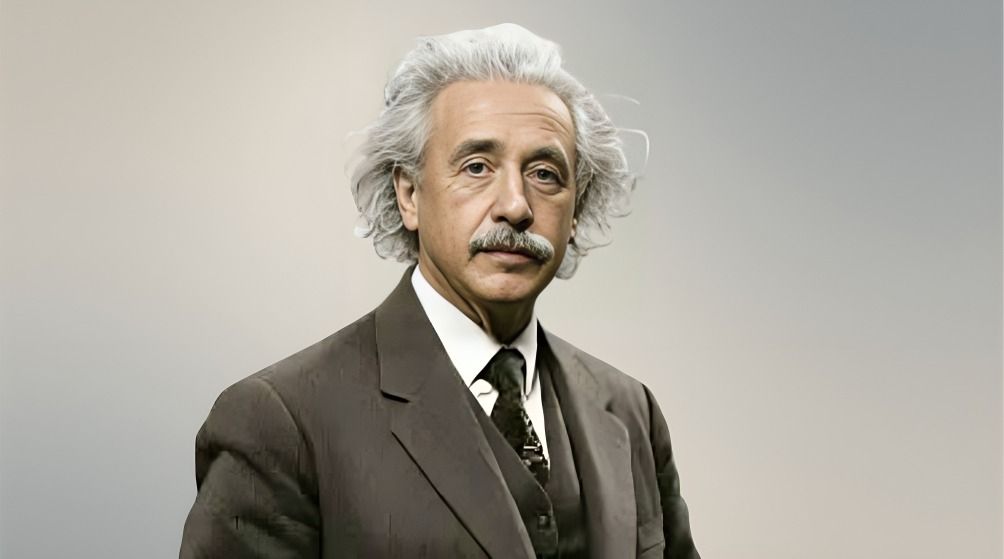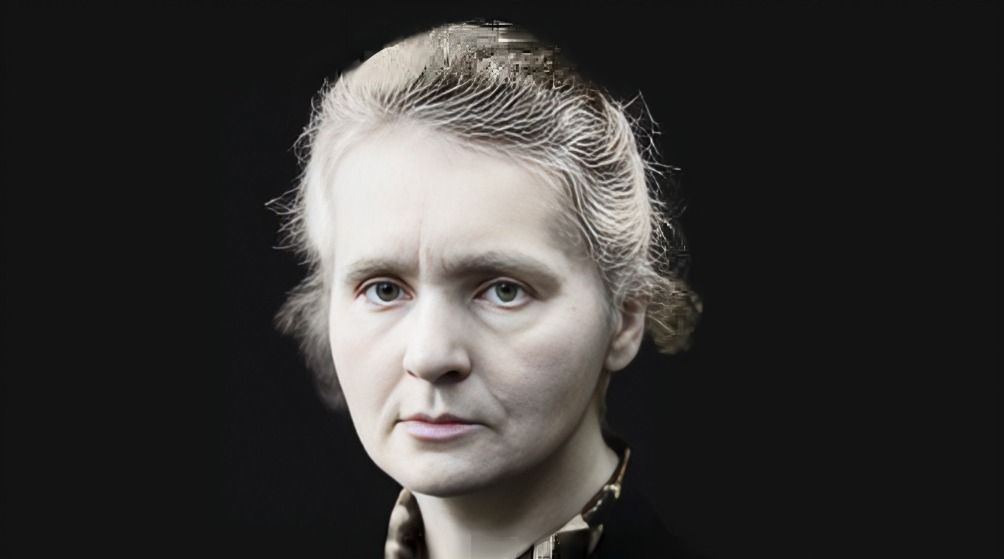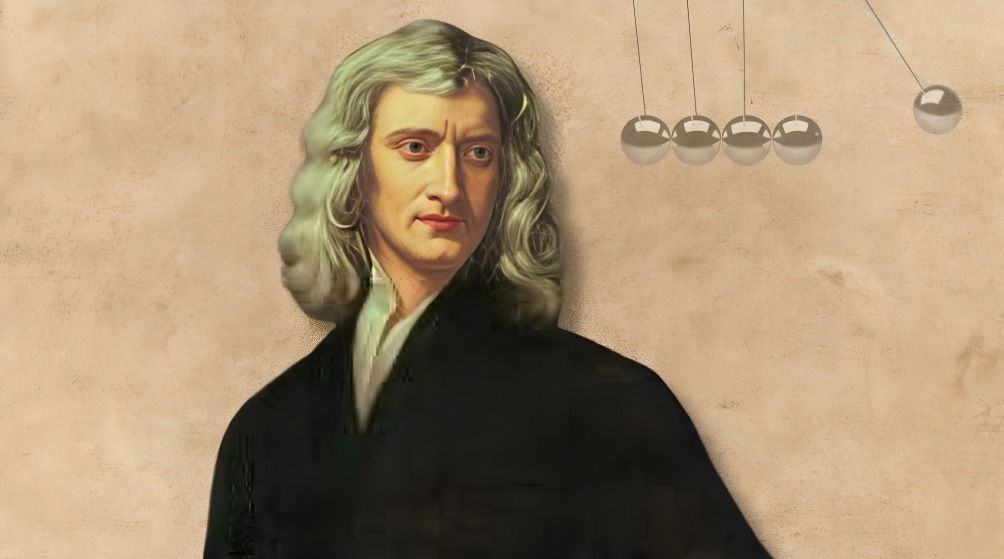
“
Isaac Newton is often hailed as one of the most influential scientists in history, with his contributions laying the groundwork for classical mechanics and mathematics. Best known for his laws of motion and the law of universal gravitation, Newton's work fundamentally changed our understanding of the physical world. His groundbreaking book, Philosophiæ Naturalis Principia Mathematica, is considered one of the most important works in the history of science. In this blog, we will explore 20 captivating facts about Isaac Newton, highlighting his remarkable achievements, personal life, and the lasting impact of his theories. These facts provide insight into the mind of a true scientific pioneer whose discoveries continue to shape modern science and technology.1
”
Isaac Newton has two birthdays. He was born on January 4, 1643, according to the Gregorian calendar, but the Julian calendar marks his birth as Christmas Day, 1642.1
During the Great Plague of 1665, Cambridge University closed, prompting Newton to return home. This isolated period sparked his most innovative ideas, leading to discoveries in gravity and the foundations of calculus.2
Isaac Newton almost gave up on his education when his mother made him leave school at 12 to work on the family farm. Luckily, his uncle intervened and persuaded her to allow his return.3
Newton’s first major work, “Mathematical Principles of Natural Philosophy,” published in 1687, introduced groundbreaking concepts like the laws of motion, which continue to influence physics and engineering for centuries.4
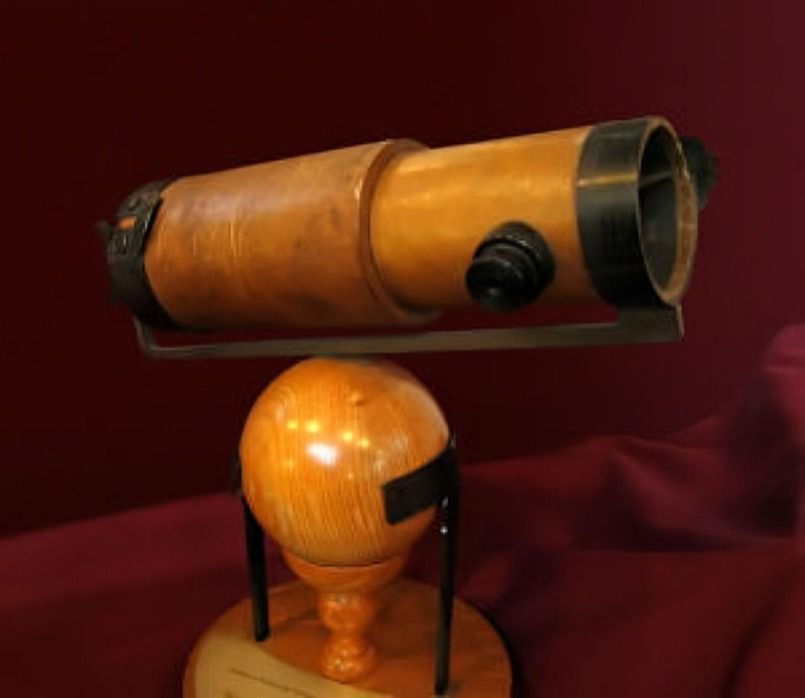
In 1668, Newton invented a reflecting telescope that used mirrors instead of lenses. This innovative design drastically reduced chromatic aberration, enhancing the quality of images seen through telescopes.
Newton had a fierce rivalry with mathematician Gottfried Wilhelm Leibniz over the invention of calculus. Both claimed to have developed it independently, igniting a heated dispute in the scientific community.5
An apple never actually fell on Isaac Newton's head. Instead, he observed an apple fall, prompting him to develop his theory of gravity, which explains how objects attract each other.6
Later in life, Newton served as the Master of the Royal Mint, where he implemented reforms that transformed England’s currency, notably converting from silver coins to a gold standard.7
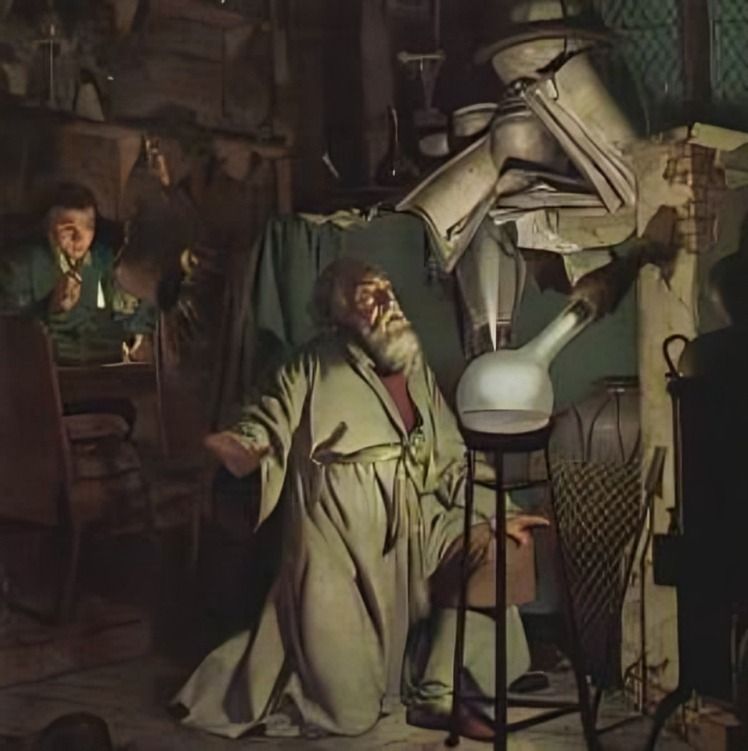
Newton was deeply interested in alchemy, conducting secret experiments in pursuit of the Philosopher’s Stone. He believed it could turn base metals into gold and even grant immortality to its discoverer.
Newton never married and was known for his charitable donations. Despite his generosity, he had few friends and was considered mentally unstable in his later years, living with his niece and her husband.8
Despite his remarkable intellect, Newton’s burial in Westminster Abbey featured a unique epitaph emphasizing his accomplishments. Yet, throughout his life, he preferred solitude over the company of others.9
Isaac Newton's unhappy childhood shaped his secretive personality. Abandoned by his mother at a young age, he became solitary, untrusting, and focused solely on his work without pursuing hobbies or relationships.10
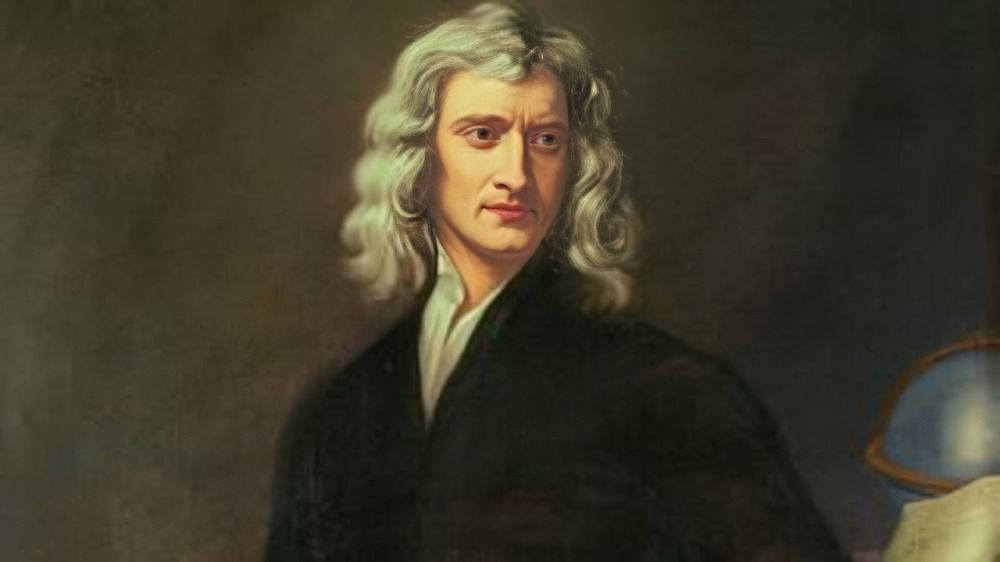
From a young age, Isaac Newton was deeply religious, meticulously recording his sins in a notebook while studying at Trinity College. He took even minor transgressions seriously, reflecting a darker side in his thoughts.
Long before publishing his groundbreaking work, Isaac Newton was recognized as one of England's foremost thinkers. In 1669, he became the Lucasian professor of mathematics at Cambridge, succeeding Isaac Barrow.11
Sir Isaac Newton reportedly had a pet dog named Diamond. The dog accidentally knocked over a candle, causing a fire that destroyed many of Newton's important papers, showcasing his dedication.12
Newton was the quintessential absent-minded professor, known for being reclusive and occasionally harsh. So engrossed in his work, he once lectured to an empty room, forgetting about his students.13
Newton became a member of the English Parliament in 1689. He famously spoke only once during his tenure, suggesting the windows be closed to minimize distractions during debates.14
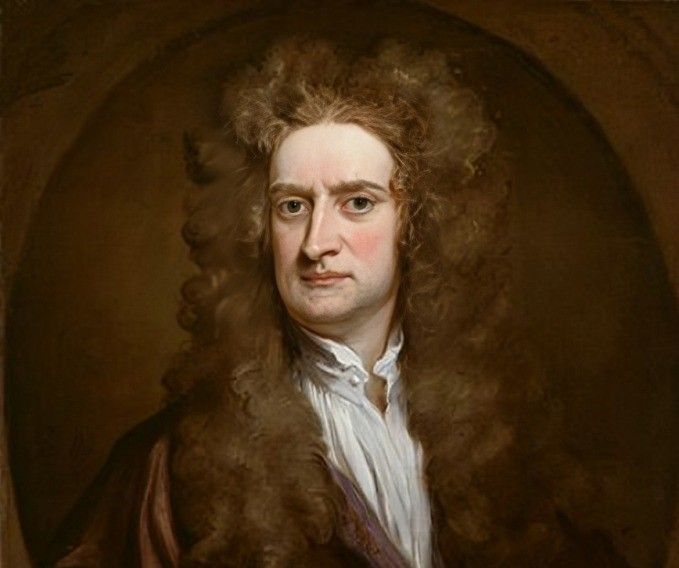
In 1704, Newton was elected president of the Royal Society, where he actively contributed to scientific discussions and further solidified his reputation as a leading thinker in the scientific community.
Newton hesitated to publish his groundbreaking work on motion and gravity, keeping it hidden for over 20 years. It was only published in 1687, solidifying his status as a scientific pioneer.15
Isaac Newton passed away at the age of 84 on March 31, 1727, which was quite old for his era. He was buried in Westminster Abbey, where traces of mercury in his hair indicated possible poisoning.16

